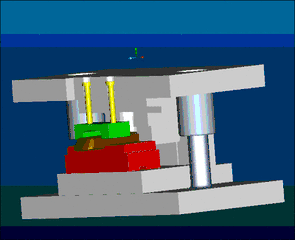Metal Forming Process
Metal Forming Process
1, Turning processing
Turning - refers to lathe machining as part of machining. The turning machine mainly uses a turning tool to turn the rotating workpiece. Lathes are mainly used for machining shafts, discs, sleeves and other workpieces with a rotating surface. They are the most widely used type of machine tool in machinery manufacturing and repairing plants. Turning is a method of cutting a workpiece on a lathe using a workpiece relative to the tool rotation. The cutting energy for turning machining is mainly provided by the workpiece rather than the tool.
Turning is the most basic and common cutting method, and it plays an important role in production. Turning is suitable for machining rotary surfaces. Most workpieces with rotary surfaces can be machined by turning, such as inner and outer cylindrical surfaces, inner and outer conical surfaces, end faces, grooves, threads and rotary forming surfaces. The tools used are mainly turning tools.
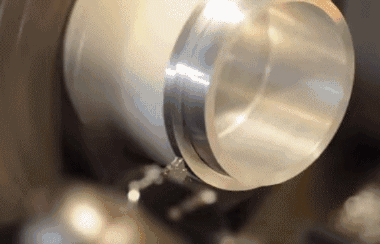
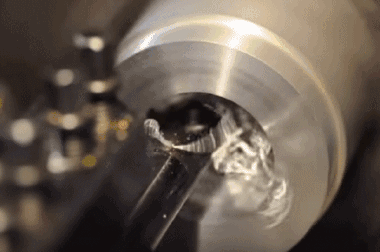
2, Grinding processing
Grinding - refers to the processing method of using abrasives and abrasive tools to remove excess material from the workpiece. Grinding is one of the most widely used cutting methods.
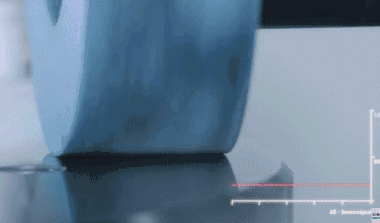
3, Planing processing
Planing processing—It is a cutting method that uses a planer to horizontally reciprocate a workpiece horizontally, and is mainly used for the shape processing of parts. The precision of planing is IT9~IT7, and the surface roughness Ra is 6.3~1.6um.
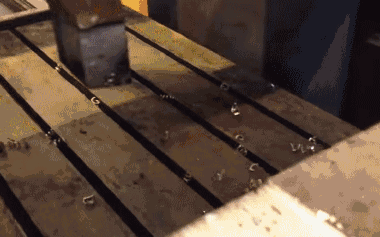
4, Roll forming
The roll forming-roll forming method uses a continuous set of frames to roll the stainless steel into a complex shape. The order of the rolls is designed such that the roll pattern of each frame continuously deforms the metal until the desired final shape is obtained. If the shape of the part is complicated, up to thirty-six racks can be used, but the simple shape of the parts, three or four racks can be used.
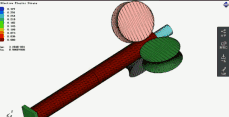
5, Stamping
Stamping—It is a method of forming a workpiece (stamping part) of a desired shape and size by applying an external force to a plate, a strip, a pipe, a profile, and the like by a press and a mold to cause plastic deformation or separation.
